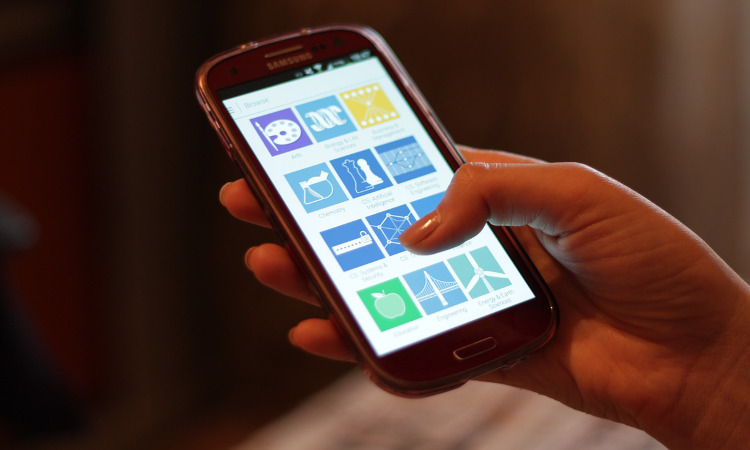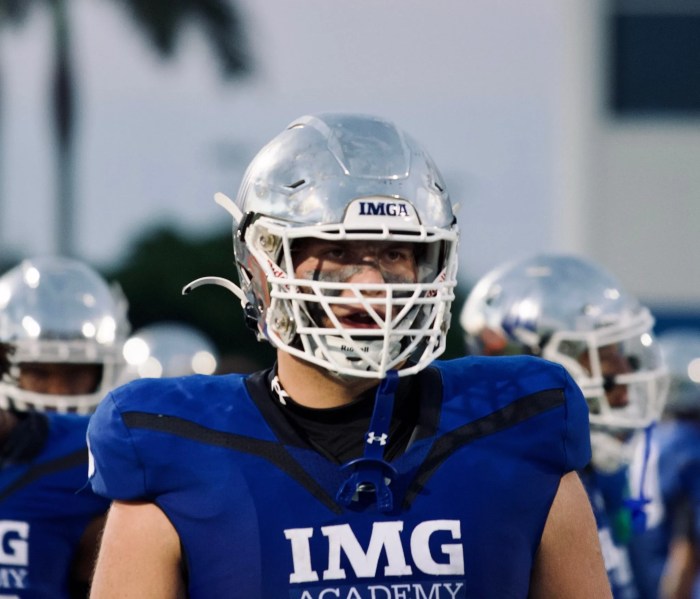The U.S. Supreme Court delivered a resounding defense of privacy rights on Wednesday, ruling that police must obtain a warrant before searching the cell phone of people who have been arrested.
The court’s unanimous decision could impact police departments across the country and forces them to adapt to today’s fast-changing digital world, perhaps earlier than they had hoped.
“Our answer to the question of what police must do before searching a cell phone seized incident to an arrest is accordingly simple—get a warrant,” said Chief Justice John Roberts, explaining the court’s ruling.
In delivering the court’s 9-0 decision, Roberts meticulously detailed the vast digital capabilities of cell phones, comparing the devices to “minicomputers” and other forms of media, while also rejecting the notion that a cell phone search is indistinguishable from inspecting physical items a person is carrying. He also provided a somewhat comical and rudimentary description of smart phones: a “cell phone with a broad range of other functions based on advanced computing capability, large storage capacity, and Internet connectivity.”
But a cell phone’s “large storage capacity” was at the heart of the court’s opinion. Roberts said he was not speaking in hyperbole when claiming “that many of the more than 90 percent of American adults who own a cell phone keep on their persons a digital record” of their lives.
The ruling was cheered by Internet privacy advocates and civil liberty groups.
“By recognizing that the digital revolution has transformed our expectations of privacy, today’s decision is itself revolutionary and will help to protect the privacy rights of all Americans,” said Steven R. Shapiro, the national legal director for the American Civil Liberties Union. “We have entered a new world but, as the court today recognized, our old values still apply and limit the government’s ability to rummage through the intimate details of our private lives.”
The ruling stemmed from two separate cases that reached the nation’s highest court: one surrounding the arrest of a man who was charged and later convicted on charges that arose from cops inspecting his cell phone, which revealed possible gang activity. The second case involved a man arrested for a drug sale, who was later convicted of additional drug and gun charges after a search of his phone—a flip phone, more accurately—led police to his residence where they found 215 grams of crack cocaine, marijuana, drug paraphernalia, a firearm and ammunition and cash.
Roberts considered the possible privacy implications that come from simply accessing a person’s cell phone: browsing history could reveal private interests, applications (apps) could divulge details about a person’s lifestyle or political affiliation, location information could allow officers to literally reconstruct a person’s movements “down to the minute.”
“The sum of an individual’s private life can be reconstructed through a thousand photographs labeled with dates, locations, and descriptions; the same cannot be said of a photograph or two of loved ones tucked into a wallet,” he said.
The court’s ruling, however, won’t change the way Nassau County police conduct cell phone searches after an arrest, according to Inspector Kenneth Lack, the department’s chief spokesman.
“That Nassau County Police Department was already conducting business in that manner,” he told the Press. “We would apply for a warrant to search someone’s cell phone or other private property.”
Deputy Chief Kevin Fallon, Suffolk County police’s top spokesman, said he had yet to read the decision, and it was too early to comment.
However, he said: “We’ll be looking closely at it. Obviously we’re going to comply” with the ruling.
The ruling comes at a difficult time for many government organizations, specifically the National Security Agency, which has faced heavy criticism since whistleblower Edward Snowden’s revelations of mass surveillance at home and abroad.
Much, if not all, of the NSA’s tactics are still being used, despite public outcry.
But Wednesday’s landmark decision was a big victory for privacy groups.
“The court recognized that the astounding amount of sensitive data stored on modern cell phones requires heightened privacy protection, and cannot be searched at a police officer’s whim,” said Electronic Frontier Foundation Staff Attorney Hanni Fakhoury. “This should have implications for other forms of government electronic searches and surveillance, tightening the rules for police behavior and preserving our privacy rights in our increasingly digital world.”

































